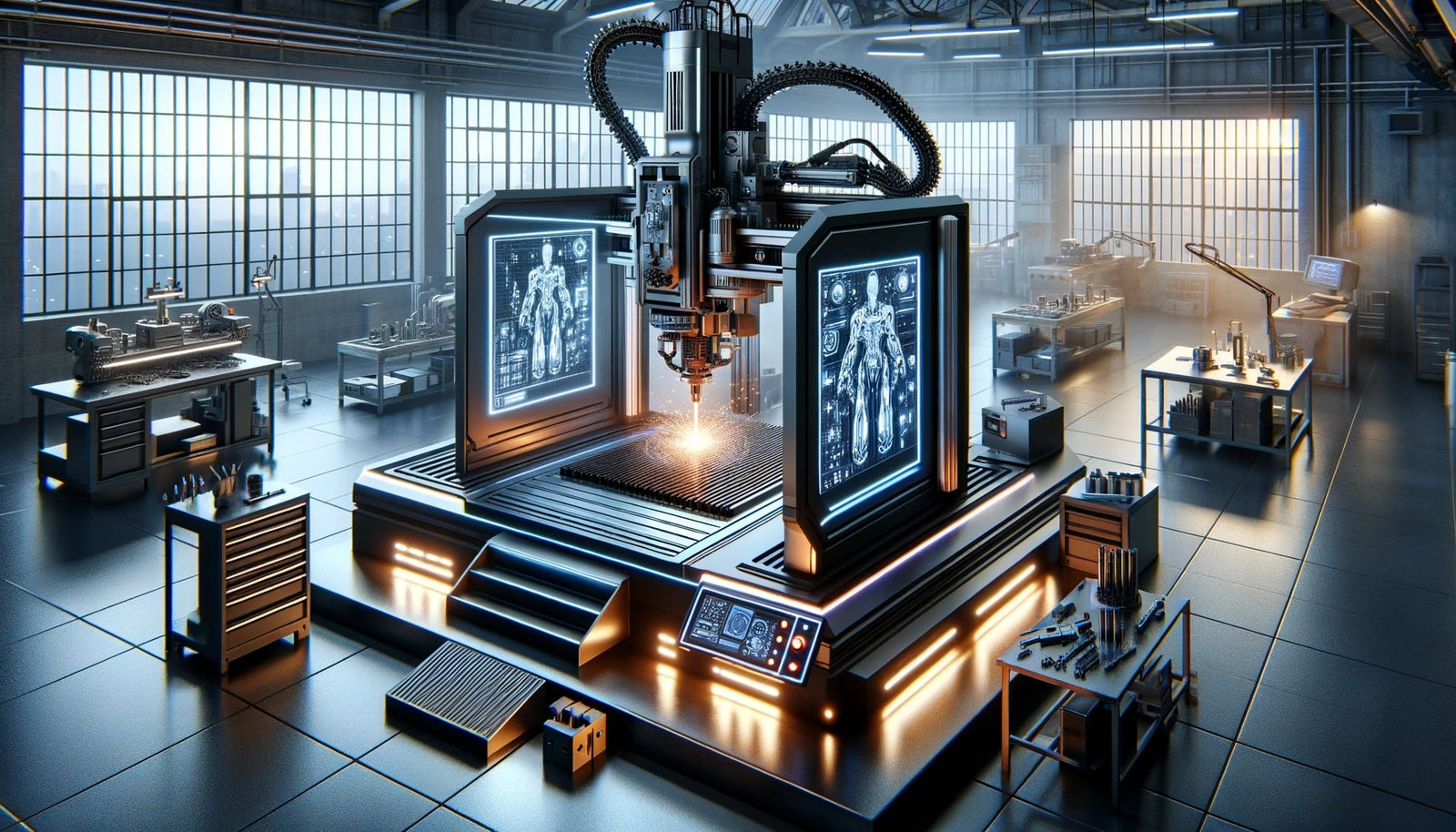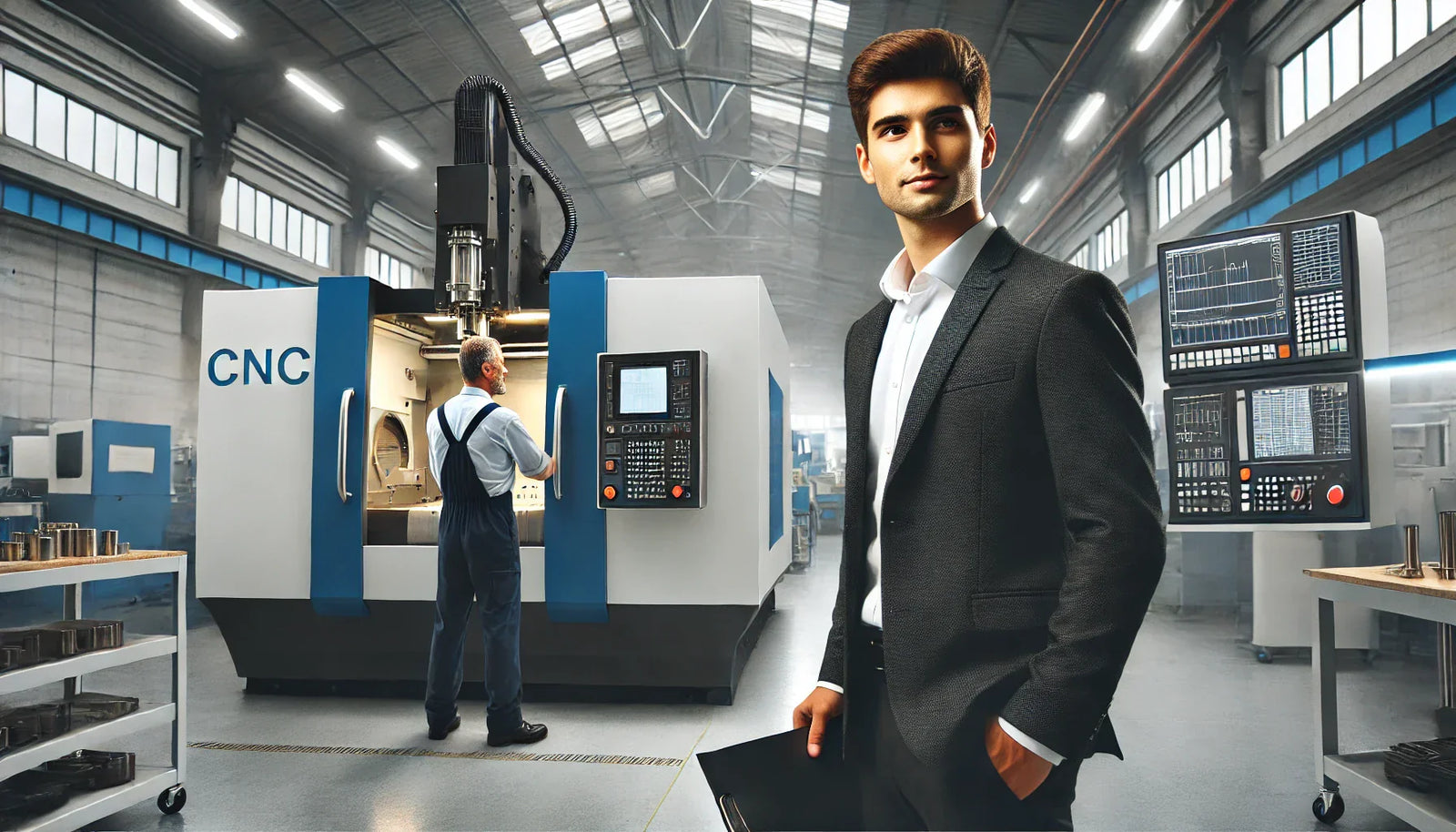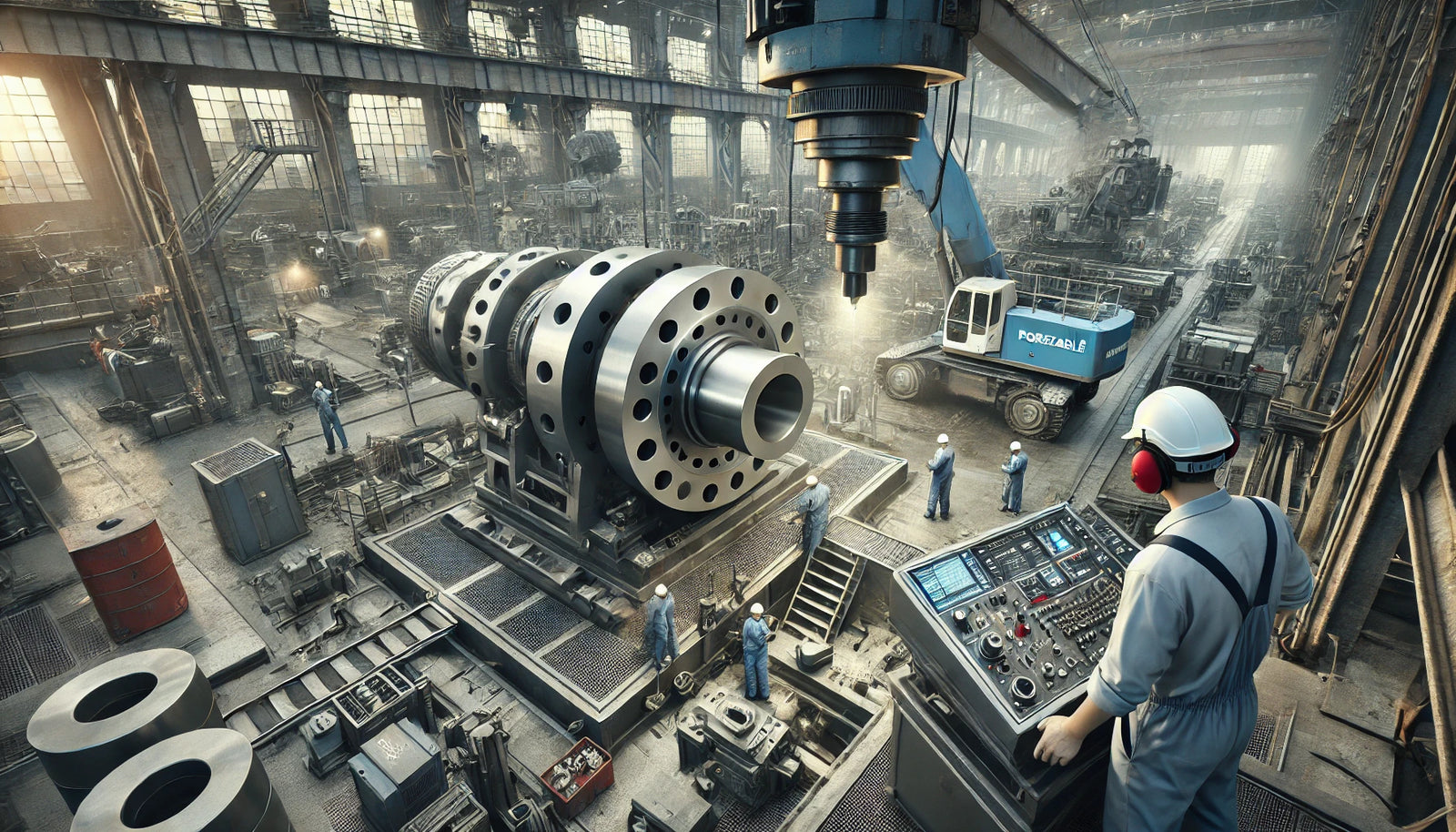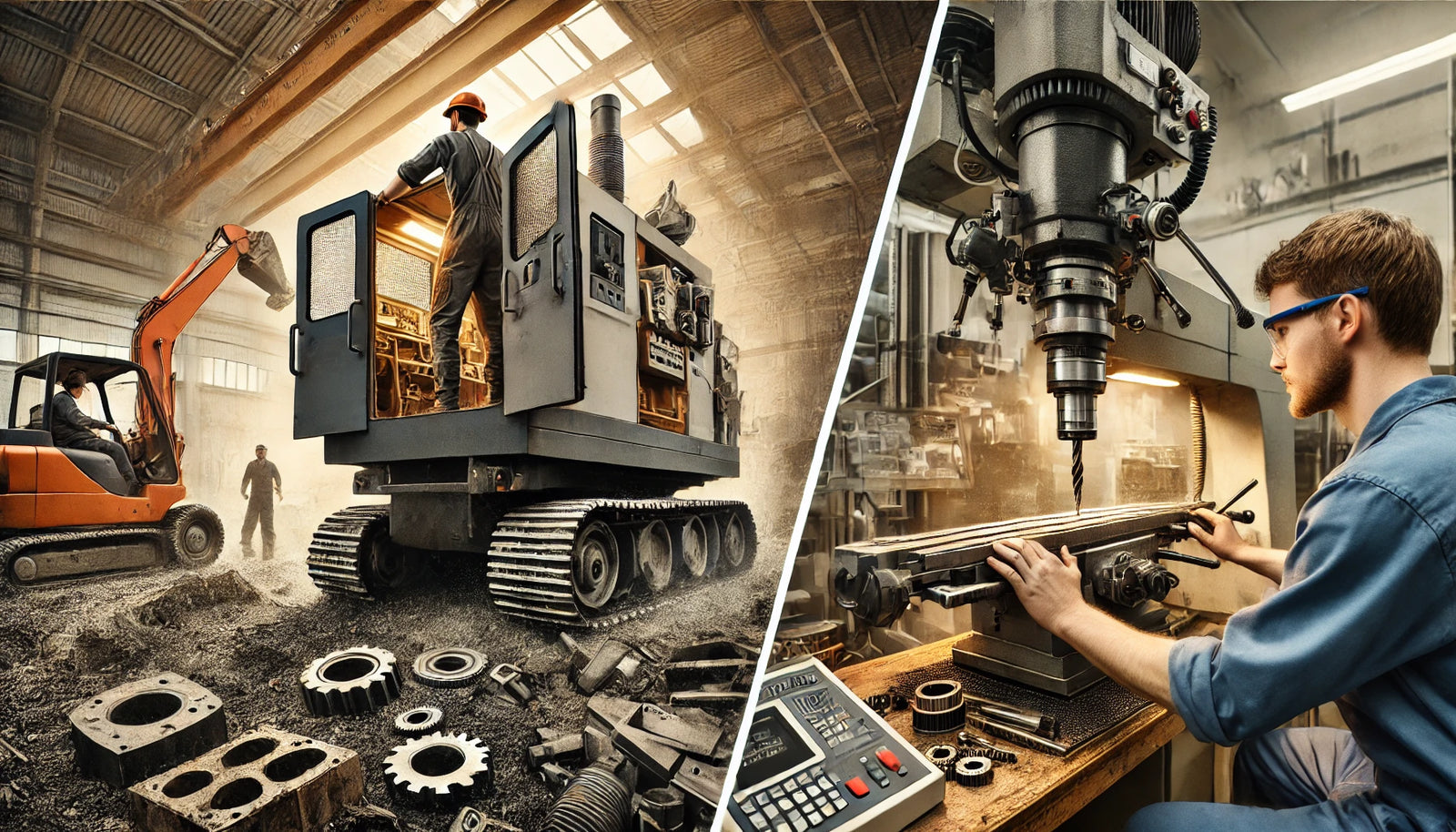The realm of manufacturing and metalworking has been dramatically transformed by the evolution of Computer Numerical Control (CNC) technology. From its inception to the sophisticated systems used today, CNC has continually set new standards for precision, efficiency, and innovation. In this exploration, we delve into the latest advancements in CNC technology and how they're revolutionizing the industry.
The Evolution of CNC Technology
CNC technology, born out of the need for precision and repeatability in manufacturing, has undergone significant transformations. Initially, these machines were primarily manual, requiring extensive operator input. However, the shift towards automation marked a pivotal change, introducing greater accuracy and consistency in metalworking. This evolution reflects the industry's ongoing pursuit of perfection and efficiency.
Next-Generation CNC Machines: Key Features
Today's CNC machines are a leap forward, characterized by features that were once deemed futuristic. Enhanced precision is now a standard, thanks to high-precision spindles and sophisticated calibration techniques. These machines are faster, more reliable, and equipped with advanced software that integrates seamlessly with AI and machine learning algorithms. This integration not only enhances precision but also significantly speeds up production, making complex tasks more manageable.
Enhanced Precision and Accuracy
One of the most significant advancements in next-gen CNC machines is their unparalleled precision. These machines can maintain tight tolerances and produce complex geometries with incredible accuracy. This precision is crucial in industries like aerospace and medical device manufacturing, where even the slightest deviation can be unacceptable.
Efficiency and Productivity Boosts
Modern CNC machines are not just about precision; they are also about efficiency. They reduce waste, minimize energy consumption, and optimize production processes. The ability to produce more in less time without compromising quality is a game-changer, making these machines invaluable assets in any manufacturing setup.
Case Studies: Success Stories in Metalworking
The impact of these advancements is best illustrated through real-world applications. For example, in the automotive industry, next-gen CNC machines have streamlined the production of complex engine components, significantly reducing manufacturing times while improving quality. Similarly, in the aerospace sector, these machines have enabled the creation of intricate parts that meet the industry's rigorous safety and quality standards.
Future Trends and Predictions
Looking ahead, the integration of CNC machines with the Internet of Things (IoT) and smart factory concepts is poised to unlock even greater efficiencies. The convergence of these technologies will lead to more intelligent manufacturing processes, where machines can predict maintenance needs and adapt to changing production requirements in real-time.
Conclusion
The advancements in CNC technology represent a significant leap forward in the pursuit of precision and efficiency in metalworking. These next-gen machines are not just tools; they are the harbingers of a new era in manufacturing, where the limits of precision and efficiency are continually being redefined. As we look to the future, it's clear that the journey of innovation in CNC technology is far from over, promising even more remarkable achievements in the years to come.





